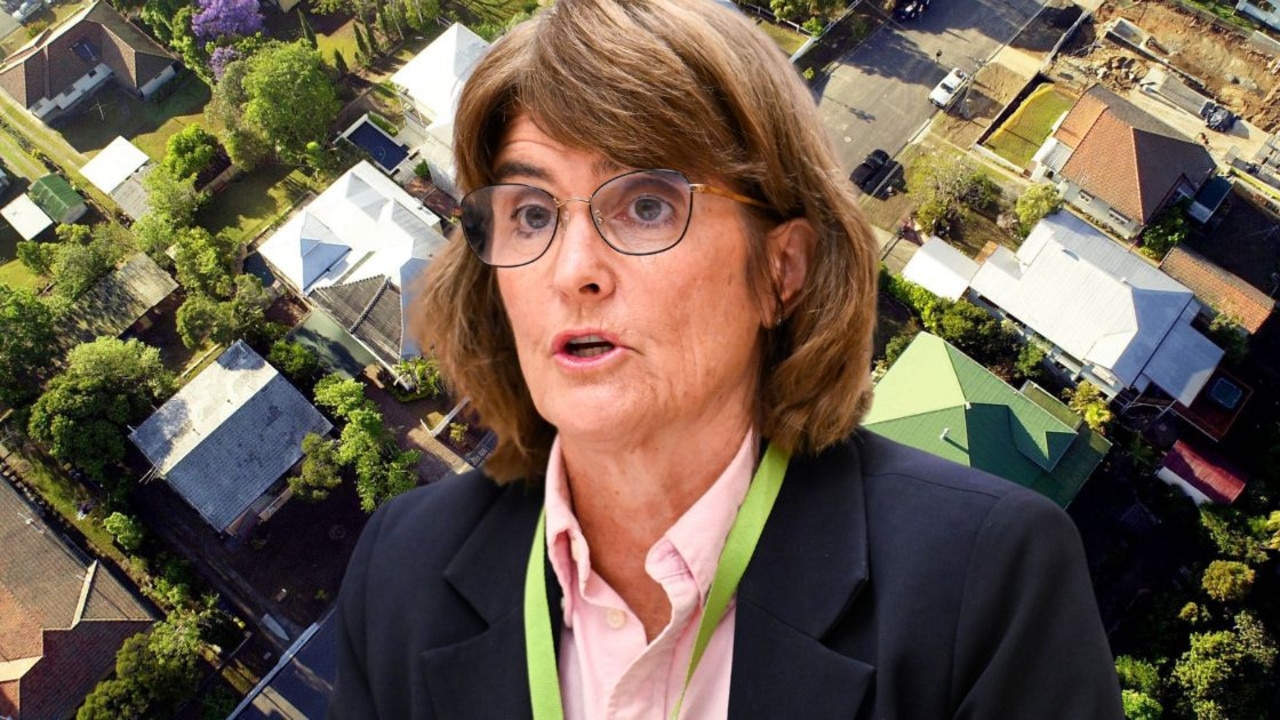Warning for parents as eating disorders rise in very young
Before they are old enough to rhyme off their times tables, Queensland children are worried about looking good.
CM Insight
Don't miss out on the headlines from CM Insight. Followed categories will be added to My News.
BEFORE they are old enough to rhyme off their times tables, Queensland children are worried about looking good.
Selfies, instagram, photoshopping of celebrities into perfection, diet influencers, gaunt catwalk models and online bullying have all come together to whittle away children’s self-esteem.
And it starts in early primary school.
Teen battling anorexia shares incredible 20kg health transformation
Fighting the killer inside: How Elise Thompson broke free of anorexia’s grip
The fallout is devastating. New research shows that seven-year-olds are among the spiralling numbers of Queensland kids being treated for eating disorders. Nationally, the youngest sufferers are five.
Between five and 20 per cent of individuals diagnosed with eating disorders die or experience chronic long-term disability from complications of starvation or suicide.
A recent investigation by the Murdoch Children’s Research Institute found that children as young as eight wanted to be a size smaller.


New data from the Eating Disorders Program, delivered through Children Health Queensland’s Child and Youth Mental Health Service, shows the number of referrals are increasing annually.
Of the 408 children and young people referred to the service for assessment and treatment between March 2016 and February 2019, 95 per cent were girls.
Anorexia nervosa was the most common diagnosis.
The program also supports children with bulimia nervosa, binge eating disorders, avoidant food intake disorder, other specified feeding and eating disorders and coexisting secondary diagnoses, including anxiety, obsessive compulsive disorder or post-traumatic stress disorder.
The thing about eating disorders is that the sufferer is not always thin.
The disorders come in many forms and are not always easy to identify. Parents can be easily bluffed by children.
Celebrities popular with kids, and those who have fought childhood eating disorders themselves, have candidly spoken out about their own battles.
Zayn Malik, formerly of mega popular boy band One Direction, said he would go for days without eating anything.
Riverdale star Camila Mendes revealed she struggled with bulimia at high school and would go on regular binges, while childhood actor and The Addams Family star Christina Ricci has said she fought anorexia in her early teens.
Eating Disorders Program medical director Salvatore Catania said eating disorders were a growing concern for children, young people and families in Queensland.
“The National Eating Disorder Collaboration estimates that one in 20 Australians are living with an eating disorder, and that rate is continuing to increase,” Dr Catania said

“Eating disorders typically start in adolescence between 14 and 25 years of age, however the age of onset is decreasing and children as young as five are presenting with eating disorder symptoms nationally. In Queensland, the average age of adolescents we see at the clinic is 15, but we have seen children as young as seven,” the doctor said.
“Eating disorders are still not well understood in the general population.
“There is the myth that you must be extremely thin to have an eating disorder, or you are choosing not to eat and can choose to just start eating again.
“These are inaccurate and make it much harder for children and young people to seek help.”
Dr Catania said it was important for families and friends to seek medical help if they think their child or friend may have an eating disorder.
The clinic is based in Greenslopes, Brisbane but supports children, young people and their families across Queensland through telehealth consultations and videoconferencing.
“Eating disorders are a serious psychiatric illness that can severely affect physical, social and emotional development,” Dr Catania said.
“Early identification and access to evidenced-based treatment have been consistently shown to improve recovery outcomes for children and adolescents.”
The Eating Disorders Program specialises in providing family-based treatment for anorexia nervosa because a child or young person’s family plays a critical role in their road to recovery.
“The nature of an eating disorder can make it very difficult for an individual to seek or initially engage in treatment without family support. Families also play an important role in identifying a problem in the first place,” Dr Catania said.
Children’s Health Queensland works closely with community mental health teams, hospital services, primary care providers and Education Queensland to increase awareness of eating disorders, improve early identification and facilitate access to treatment as soon as possible.
For information about the Eating Disorders program call 07 3397 9077.
Butterfly Helpline 1800 33 4673


